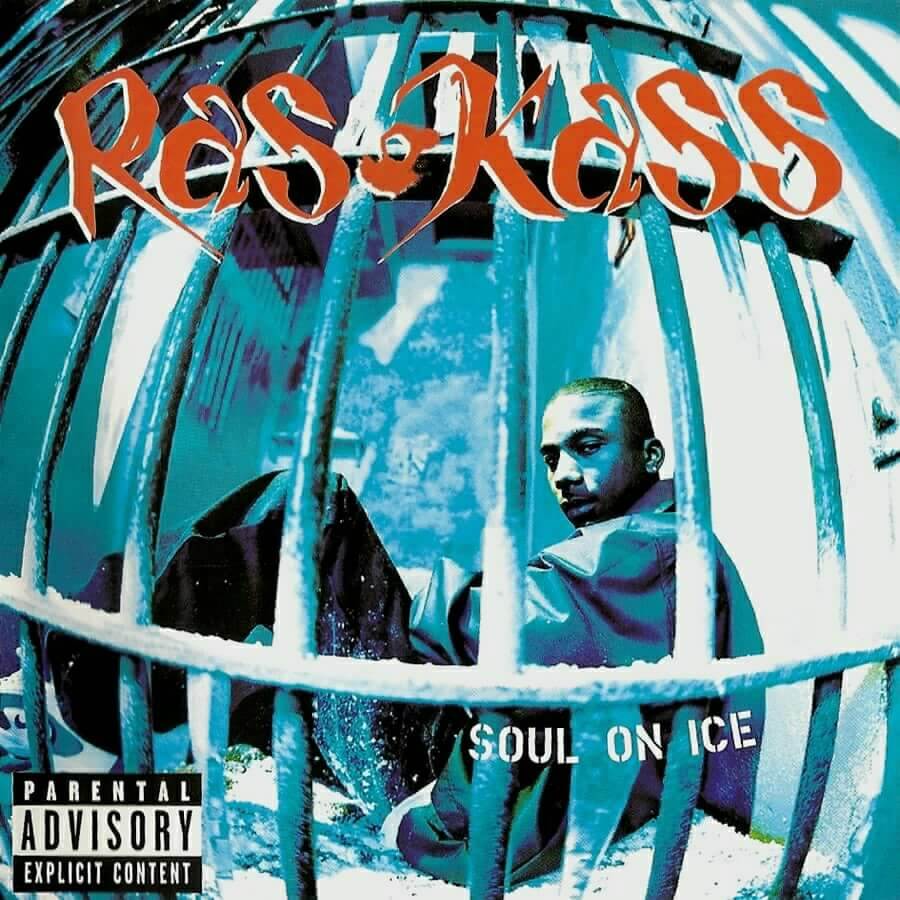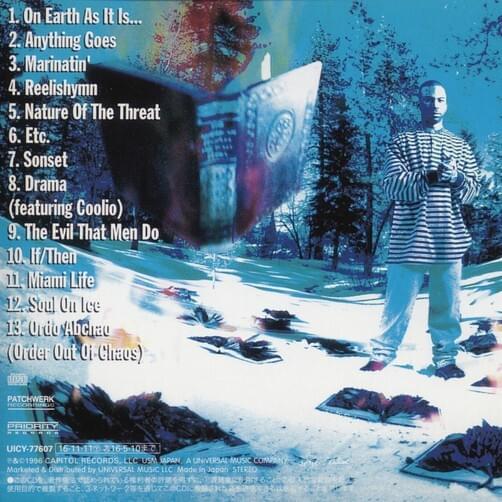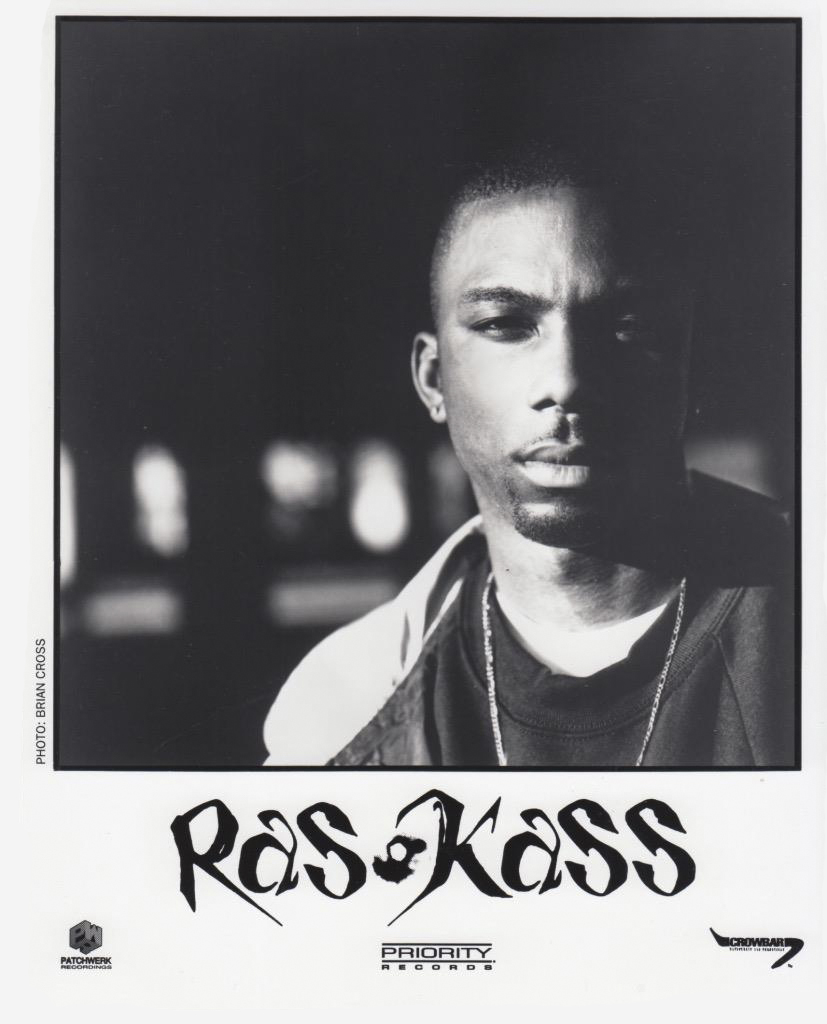
Ras Kass, Born John Austin IV in Los Angeles, is a legendary rapper and lyricist known for his socially conscious and politically charged music. His debut album Soul on Ice is a classic. Released in 1996, it was a bold and ambitious project that explored a wide range of social and political issues, from race and identity to poverty and inequality. The album showcased Ras Kass’s lyrical prowess and his ability to weave intricate rhymes and metaphors into his verses, while also showcasing his talent for storytelling and social commentary. Soul on Ice is one of the most lyrically complex albums ever, and Ras Kass’s best work.
“Nature of the Threat” is the centerpiece of Soul on Ice, the most controversial track on the album, and also the most powerful. The seven and half minute opus is a history lesson in the form of a rap, tracing the evolution of human civilization from its origins in Africa to the present day. Ras Kass touches on a wide range of topics, from the role of religion in shaping society to the impact of slavery and colonialism on the African continent. The song is dense with historical references and cultural critiques, and Ras Kass’s rapid-fire delivery and complex rhymes make it a challenging but rewarding listen. Some of the more controversial elements of the song, such as its treatment of Jewish history and the use of homophobic language, have been criticized by some listeners, but the song remains a powerful and thought-provoking statement about the nature of human civilization.
The album closer “Ordo Ab Chao” is another standout track on the album, exploring the concept of order and chaos in society. Ras Kass raps about the ways in which power and authority are used to maintain social order and the ways in which that order can be disrupted and subverted by those who are oppressed. The song is filled with vivid imagery and powerful metaphors, the song is a potent critique of the status quo and a call to action for those who seek to challenge it.
“Anything Goes” is a critique of capitalism’s corrupting influence and the culture of criminality it encourages. The hook highlights the greed that drives illegal activity, while the verses caution against its potential consequences. Ras Kass advocates for self-preservation and pursuing wealth through nonviolent means. The outro alludes to systemic corruption in the legal system. Overall, the song is a call to action for social and economic justice.
Soul on Ice is a powerful and ambitious album that tackles a wide range of social and political issues. Ras Kass’s dense and complex lyrics require careful listening and attention to fully appreciate, but the effort is well worth it. The album is a testament to Ras Kass’s skill as a lyricist and his commitment to using his platform to speak truth to power. The themes and ideas that are explored in the album are just as relevant today as they were when it was released three decades ago, and the album remains a touchstone for socially conscious Hip Hop.
In addition to the themes mentioned above, Soul on Ice also touches on issues such as police brutality, capitalism, and the prison industrial complex. Ras Kass’s dense and complex rhymes require multiple listens to fully unpack, but they are a testament to his skill as a lyricist and his commitment to using his platform to raise awareness about important social and political issues.
Soul on Ice is a landmark album and a testament to the power of music to address social and political issues. Ras Kass’s intricate rhymes and powerful metaphors make the album a challenging but rewarding listen, and the album is a reminder that Hip Hop can be a powerful tool for social and political change and that artists have a responsibility to use their platform to speak truth to power.

